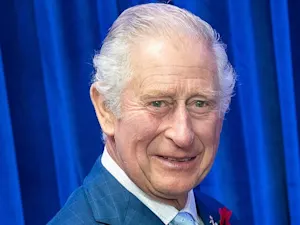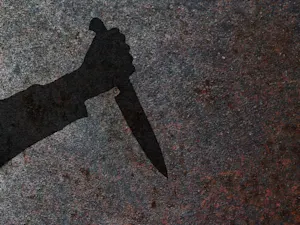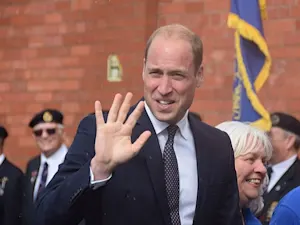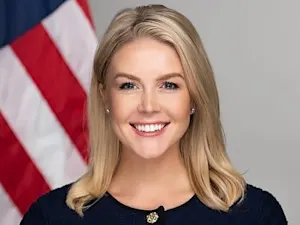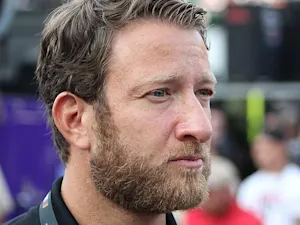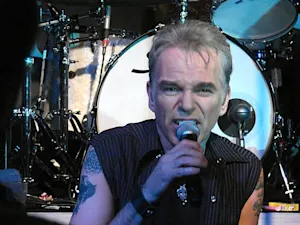
Middle-Schoolers Stab Barnard Student to Death in NYC Park
Tessa Majors dreamed big. The 18-year-old Barnard College freshman had moved from Charlottesville, Virginia, to New York City to chase her passions for music and writing. But on a cold December evening in 2019, her life ended in a horrific act of violence. While walking through Morningside Park near campus, Tessa encountered three teenage boys who tried to rob her. When she resisted, one of them stabbed her repeatedly. Her story captivated the nation and became a grim reminder of how quickly tragedy can strike. Here's what we know about Tessa Majors' life, her untimely death, and the aftermath of this heart-wrenching case.
Who was Tessa Majors, and what made her so remarkable?
Tessa Majors wasn't just another college freshman. She had a bold spirit and a creative spark that set her apart. She spent weekends jamming with her punk rock band, Patient 0, which had just released its first album.
Music wasn't her only passion. Tessa also loved writing and had interned at a local newspaper during the summer before she moved to New York for school. Her move to the city wasn't just about academics — it was about immersing herself in a place where she could grow as an artist and storyteller.
"We lost a very special, very talented, and very well-loved young woman," her family said in a statement, as reported by TheCut.com. "Tess shone bright in this world, and our hearts will never be the same."
What happened in Morningside Park that night?
On Dec. 11, 2019, Tessa took an evening walk through Morningside Park, a spot many students frequented. At around 7 p.m., three teenage boys confronted her near West 116th Street and Morningside Drive. According to police statements, the teens demanded her phone and money. Tessa fought back, refusing to hand over her belongings. The situation turned violent when one of the boys, Rashaun Weaver, pulled out a knife and stabbed her multiple times in the chest.
Despite her injuries, Tessa managed to climb a staircase out of the park and collapse near a campus security booth. A guard found her and called for help, but she died at Mount Sinai St. Luke's Hospital later that night. Her final moments reflected her incredible strength and determination, even in the face of unthinkable pain.
Who were the boys involved, and what role did they play?
Three middle school classmates — Rashaun Weaver (age 14), Luciano Lewis (age 14), and an unnamed 13-year-old — admitted to targeting Tessa. According to prosecutors, the group entered the park intending to rob someone. Weaver wielded the knife, and Lewis restrained Tessa in a headlock, preventing her escape. The youngest boy played a lesser role, but confessed his involvement shortly after the attack.
Weaver initially denied stabbing Tessa but later admitted to it when pleading guilty. Lewis told the court that using a knife wasn't part of their plan. He revealed he didn't know Majors had died until the following morning after seeing it on the news.
What were the legal outcomes?
Justice came in stages. The youngest boy, who wasn't charged as an adult, received up to 18 months in a juvenile detention center. Weaver and Lewis, tried as adults due to the severity of their crimes, faced far harsher penalties.
In October 2021, Lewis pleaded guilty to second-degree murder and first-degree robbery, receiving a sentence of nine years to life in prison. Weaver, who stabbed Tessa, pleaded guilty to the same charges and was sentenced to 14 years to life in January 2022.
Prosecutor Matthew Bogdanos, speaking on behalf of Tessa's family during Weaver's sentencing, detailed the unimaginable suffering she endured. "They have no idea what it is like to stumble up a long flight of stairs after being stabbed multiple times in the chest, her phone still in her hand. They have no idea what it's like to try and hail an Uber® ride while sitting on a city bench after being stabbed," he said, according to NYtimes.com. "Fourteen years to life is a long time, but at the end of his sentence Rashaun Weaver goes home. Tess never will."
How did New York City respond to Tessa's death?
Tessa's murder rocked New York City. Barnard President Sian Leah Beilock mourned the loss of "an extraordinary young woman and member of our community" in a campuswide statement, according to TheCut.com. Former Mayor Bill de Blasio called the crime "terrifying" during a news conference, noting its devastating impact on the city, as reported by TheCut.com. The case drew comparisons to a darker era in New York when parks such as Morningside became synonymous with danger after dark.
What is Tessa's legacy?
Tessa's story remains a haunting reminder of how quickly a life filled with potential can be cut short. Her family's grief echoes through their words and the actions of those who knew and loved her. As reported by NYtimes.com, they shared their anguish in court, saying, "She is not in this courtroom. Or attending a class. Or playing music. Or laughing with friends. She no longer exists on planet Earth. She is gone, and she is gone forever."
Though the case has concluded in the legal sense, Tessa's light continues to shine in the memories of her family and friends. Her death left an indelible mark on New York City and beyond, prompting reflection on the lives lost to senseless violence and the importance of creating safer communities.
References: Everything We Know About the Tessa Majors Murder Case | Teenager Sentenced to 14 Years to Life in Tessa Majors Murder


